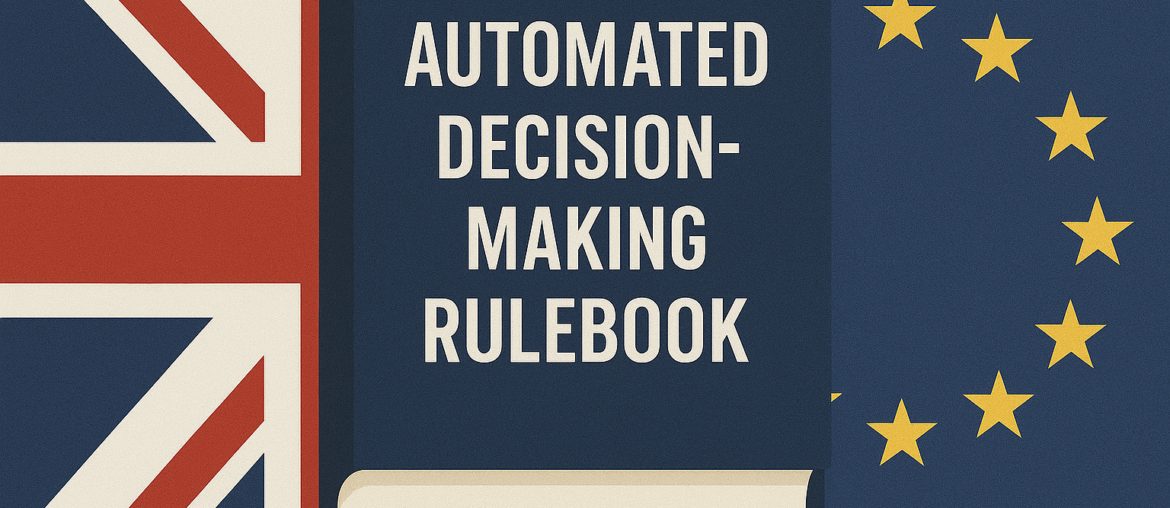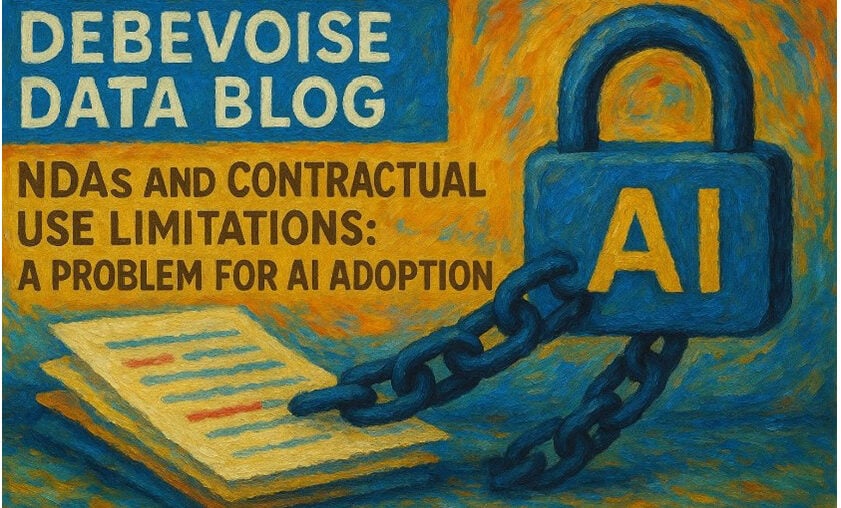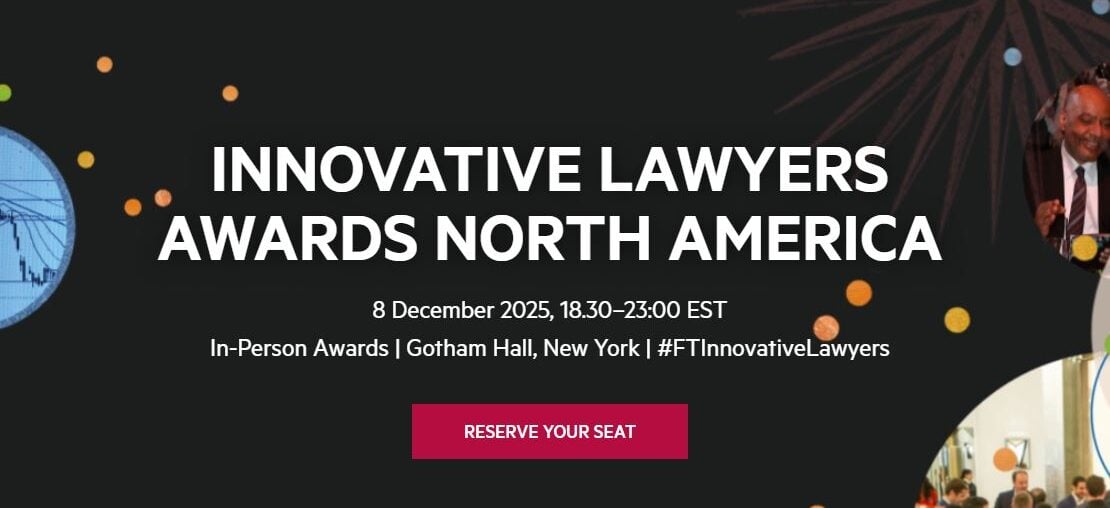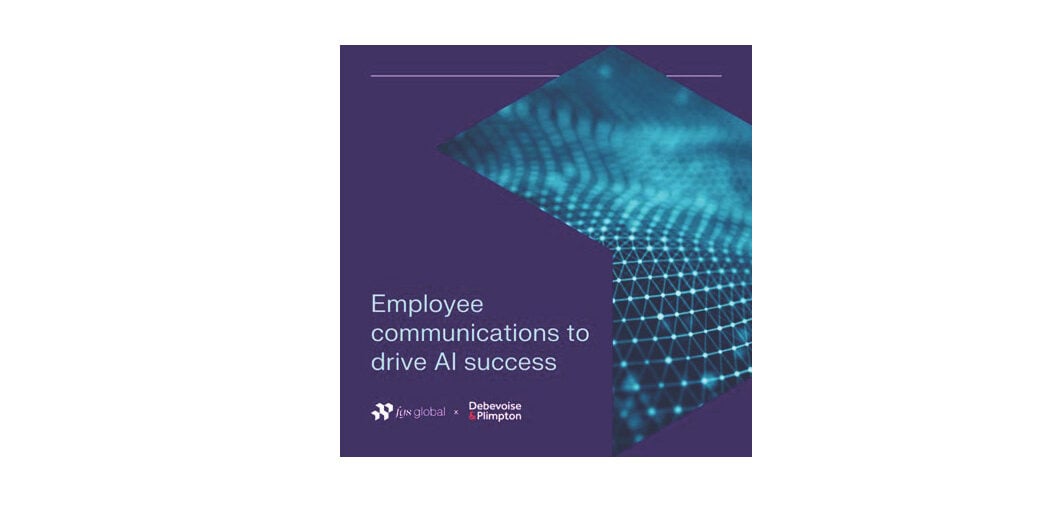This summer, the UK enacted the long-anticipated Data (Use and Access) Act 2025 (“DUAA”), the first major amendments to the UK’s data protection legislation since Brexit. The changes include substantial…
We recognize it’s a little early to make the call for the biggest AI challenge for 2026, but we’re pretty confident that NDAs and other contractual use limitations are about…
On Thursday, January 15, 2026, Matt Kelly will join Alon Dolev and Natan Levin of Maeven at the 2026 SKILLS Showcase for a session titled “Real-Time Intelligence for Trusted Relationships.”…
We’ve been doing a lot of work recently on agentic AI workflows, so it’s time to share some of our thinking on how to assess their risks and benefits. The…
The Financial Markets Law Committee (FMLC)—an independent body established by the Bank of England to identify issues of legal uncertainty that may affect the operation of financial markets—has published a…
The Rise of AI-Driven Investing in Retail Finance Generative artificial intelligence (“GenAI”) innovations are rapidly transforming the formulation, analysis, and delivery of investment advice. Many broker-dealers and investment advisers are…
We are very proud to announce that Debevoise has been shortlisted for the Financial Times Innovative Lawyers North America Awards in the “Innovation in New Legal Products” category. The firm…
If you’ve visited the Debevoise Data Blog recently, you will have noticed that before you can read a post, you now have to click through a CAPTCHA. We debated whether…
The EU Data Act (or the “Act”) is a new regulation that establishes rules on who can access and use data generated by connected devices and related services – data…
As AI finds its way into nearly every facet of life, companies are striving to increase AI adoption among their employees to enhance efficiency and optimize results. Yet heightened use…










